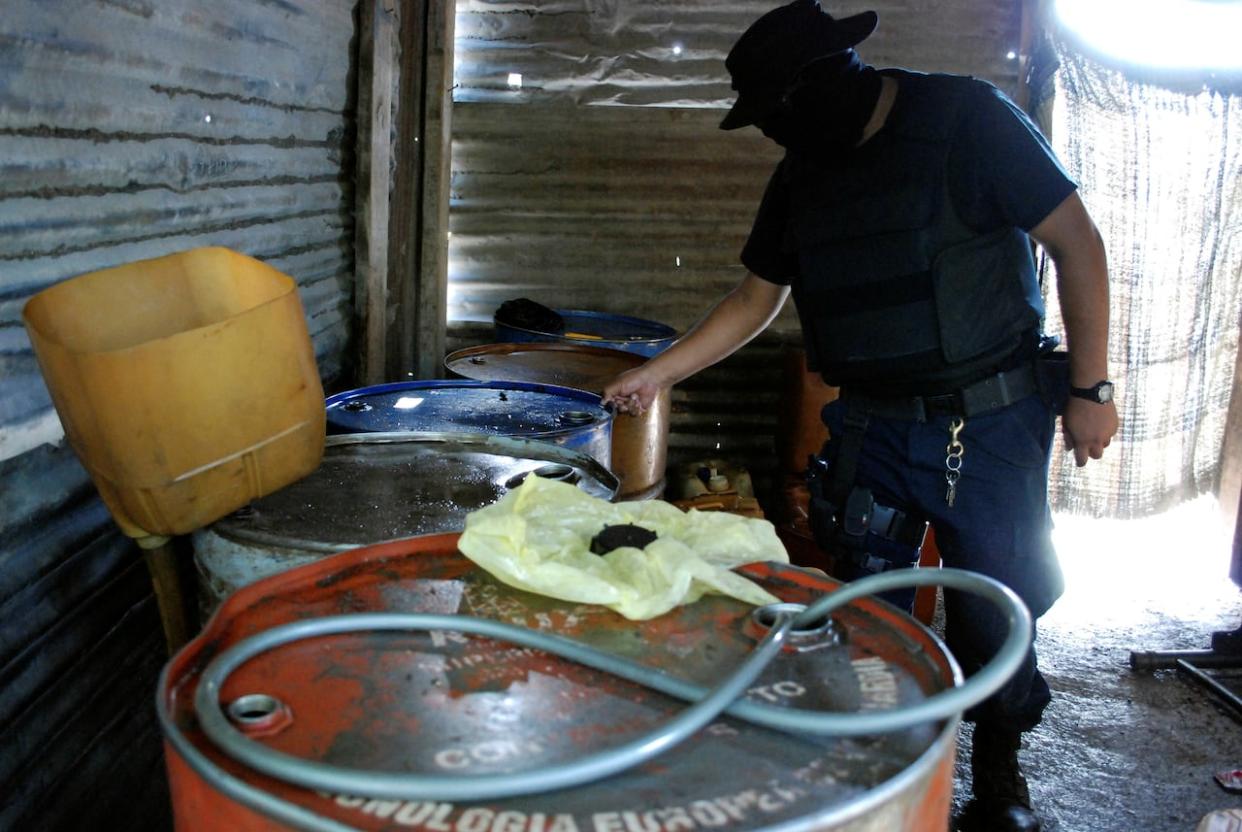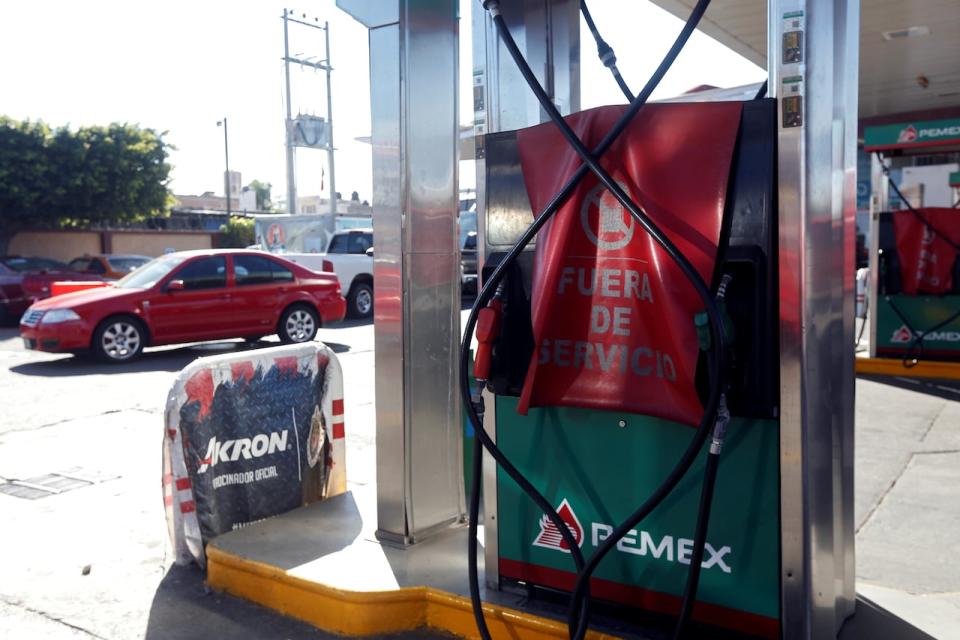Retired Mexican general to be extradited in gas-theft case: judge

The B.C. Supreme Court has ruled a retired Mexican general will be extradited to his home country in order to face charges that he covered up gas theft by organized criminal groups.
Gen. Eduardo Leon Trauwitz's case has been in front of B.C. judges since December 2021 after the attorney general of Canada, on behalf of the Mexican government, applied to have him extradited.
Trauwitz faces decades in jail in his home country if convicted, with Mexican prosecutors alleging he turned a blind eye to gas theft being conducted from pipelines owned by a state-run company via illegal gas taps.
The retired general was the head of security for Petroleos Mexicanos, commonly known as Pemex, for five years. He fled Mexico before a scheduled court date in May 2019 and has been living in Canada ever since, according to a previous court ruling.
B.C. Supreme Court Justice Heather Holmes found the attorney general had presented enough evidence to show that the allegations against Trauwitz would have merited a trial in Canada had they occurred here.
"Mr. Trauwitz is alleged to have implemented an unauthorized protocol by which the personnel under his direction were no longer to report the clandestine taps they found in Pemex energy pipelines," Holmes wrote in a decision released last week.
"It is alleged that under the unauthorized protocol, security personnel who found the taps were to disable the taps themselves, and to make no report outside Mr. Trauwitz's department," she added.

A fuel pump is pictured with a banner reading, 'Out of service' at a gas station of state oil firm Petroleos Mexicanos (Pemex), which was closed in 2019 because of fuel shortages caused by theft. (Fernando Carranza/Reuters)
While none of the allegations against Trauwitz have been proven in court, Holmes said there was evidence, on each element of the case against him, that could have led a jury to convict him.
The judge said Trauwitz's alleged conduct would have merited a charge of breach of trust by a public official if they happened in Canada.
Losses estimated in billions of dollars
Pemex has estimated that the fuel it lost to violent criminal gangs between 2016 and 2019 was worth more than 146 billion pesos — or about $15 billion today.
The fuel thefts have also led to gas shortages and they've been blamed for pipeline explosions that have killed dozens of people.
Trauwitz headed the state-run oil monopoly's security division from April 2014 until July 2018, when he resigned from his post. His department was responsible for identifying clandestine gas taps.
Holmes found that, despite Trauwitz's arguments to the contrary, there was an abundance of evidence showing his division's protocols toward clandestine gas taps deviated from Pemex norms.
"Considered as a whole, the evidence could reasonably support an inference that Mr. Trauwitz approved, directed, or otherwise used his position to advance the new protocol," she wrote.
Trauwitz argued that, at most, the evidence gave rise to a "web of suspicions" against him — but not a reasonable inference that he acted with a dishonest purpose.
While the judge agreed that there was little evidence that he received a personal benefit from the lax security protocols, she also said there was evidence he acted with a corrupt purpose that was not for the public good.
Holmes did not list the next steps in the case in her judgment.
A spokesperson for the Justice Department said that Trauwitz's extradition will now proceed to the "ministerial phase," which involves the justice minister deciding whether he will be surrendered to the requesting state.
"The Extradition Act sets out a series of mandatory and discretionary grounds for refusal to surrender," the spokesperson wrote. "The minister also takes into consideration any submissions made by the person sought for extradition, with respect to why they believe their surrender should not be ordered."
The spokesperson added that extradition proceedings can often be complex and take longer periods of time to complete, and that Trauwitz's extradition hearing was conducted in accordance with the Charter.

